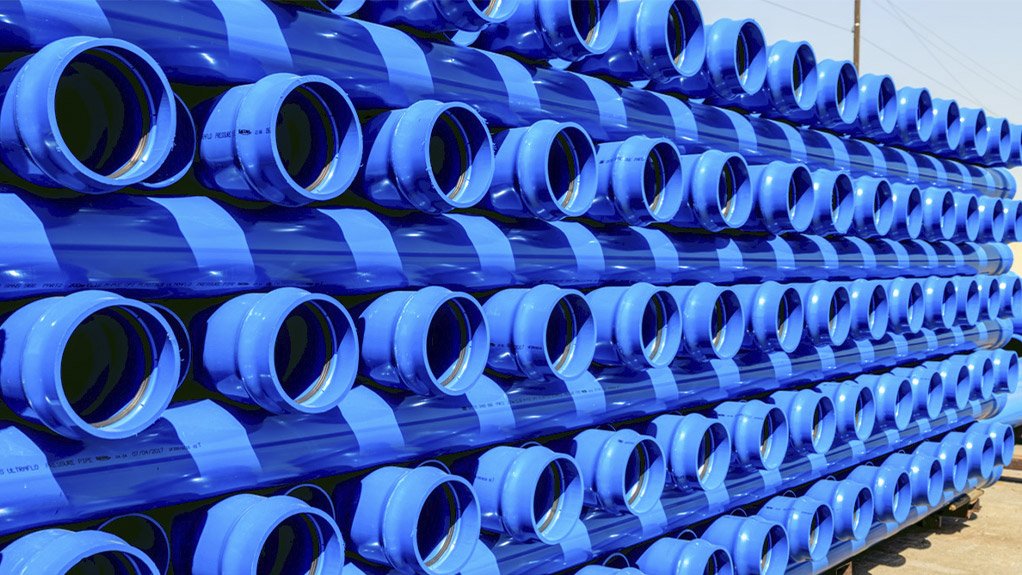
Various newspaper reports have been doing the rounds recently about the danger of lead poisoning facing South Africans. Although lead (Pb) continues to be used in paints, batteries, bullets and even in some homoeopathic medicines[i], the local vinyl industry has reiterated its commitment to ensuring a safe, responsible and lead-free environment.
“Lead stabilisers were historically used in PVC products because they offer excellent heat and UV resistance and a good cost-to-performance ratio. In addition, when used in pipes and fittings, they help to improve their resistance to heat and sunlight. Despite these benefits, the Southern African Plastic Pipe Manufacturers Association (SAPPMA) was one of the first members of the Southern African Vinyls Association (SAVA) to voluntary embark on the journey to become lead-free in 2006. SAPPMA reached this goal in 2012 - five years ahead of the anticipated European Union (EU) targets. Today, we are proud that lead has completely been eliminated from all plastic pipe products manufactured by SAPPMA members and from vinyl products manufactured and sold in South Africa by SAVA members,” says Monique Holtzhausen, CEO of SAVA.
Jan Venter, CEO of SAPPMA, explains that lead is chemically bonded into the PVC pipe during the manufacturing process, which means it cannot leach into the environment. “All pipes containing lead undergo annual SANS 966 tests carried out by the SABS for various metals. These tests have proven that lead is one of the metals least likely to leak – with a maximum expected leakage of 50µg/ℓ, which is negligible. Despite these assurances, SAPPMA felt compelled to create a safer environment for the manufacturers where lead poisoning does pose a risk for their workers”.
Removing lead from PVC pipes and fittings and replacing it with calcium/zinc and organic-based stabilisers which are non-toxic to humans was a lengthy and costly exercise for SAPPMA members and the PVC community. However, they willingly incurred this additional cost at their own expense and without passing it on to the end-user for future sustainability.
“A commitment to using lead-free stabilisers is required for SAPPMA membership and forms part of the regular, unannounced SAPPMA factory audits. In addition, it has added value to our life cycle thinking as it considers end-of-life issues and waste management options,” Venter says.
“As part of our ongoing efforts to create a safe, responsible and sustainable industry, SAVA follows a strict Product Stewardship Commitment (PSC) which stipulates that only lead-free stabilisers and additives, as well as mercury-free vinyl production processes, are allowed to be used in all local and imported vinyl or compounds. Our members must abide by these achievable commitments based on international health and safety standards and best practice models. In addition, they renew their pledge annually to be awarded SAVA’s “Green Tick” – a product label that has been developed to give customers peace of mind that the specific vinyl product is confirmed to be lead-free and only uses additives approved for high human contact applications and are recyclable,” Holtzhausen concludes.